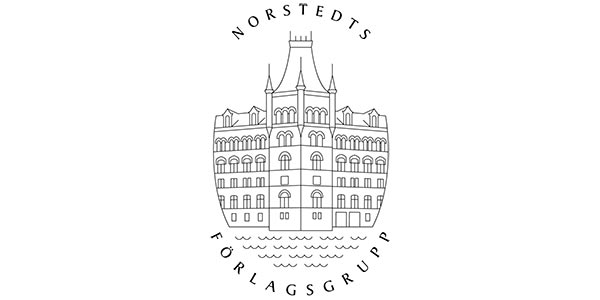
How to write a successful application to a research ethics committee

| Författare | |
|---|---|
| Förlag | Karolinska Institutet University Press |
| Genre | Språk (inkl. lexikon, parlörer och ordböcker) |
| Format | Häftad |
| Språk | Engelska |
| Antal sidor | 74 |
| Vikt | 187 gr |
| Utgiven | 2006-06-21 |
| SAB | Aef |
| ISBN | 9789185565009 |
Author Pierre Lafolie (M.D., Ph.D.) is an associate professor at Karolinska Institutet and a senior consultant at Karolinska University Hospital. He has been involved in the ethical review process at Karolinska Institutet for many years. He is the former Chair and present Scientific Secretary of the Ethical Review Board at Karolinska Institutet. This ethics committee, which was started in 1965, is the oldest in Sweden.
Clinical research involving patients and volunteers is strictly regulated. The rights and well-being of the individuals who participate in clinical studies must be prioritised and protected. This requirement can conflict with the research project itself. The project may be one that addresses an urgent medical need, precipitating a speedy approach in which details may be overlooked. Or, it may involve the use of obsolete scientific methods. In any case, a preview of the project will disclose any shortcomings early on, preventing the misuse of volunteers and resources. All EU member states must have a research ethics committee to evaluate proposals for research involving humans. The existence of such committees was mandated by EU Directive 2001/20 on 1 May 2004. This booklet explains how to make an application to a research ethics committee and what the Directive requires of you as a researcher. It should also provide worthwhile reading for the interested layperson as well as for any clinician interested in clinical research.
Clinical research involving patients and volunteers is strictly regulated. The rights and well-being of the individuals who participate in clinical studies must be prioritised and protected. This requirement can conflict with the research project itself. The project may be one that addresses an urgent medical need, precipitating a speedy approach in which details may be overlooked. Or, it may involve the use of obsolete scientific methods. In any case, a preview of the project will disclose any shortcomings early on, preventing the misuse of volunteers and resources. All EU member states must have a research ethics committee to evaluate proposals for research involving humans. The existence of such committees was mandated by EU Directive 2001/20 on 1 May 2004. This booklet explains how to make an application to a research ethics committee and what the Directive requires of you as a researcher. It should also provide worthwhile reading for the interested layperson as well as for any clinician interested in clinical research.























